Smart Homes in South Florida – South Florida is a great place for smart homes because of its beautiful scenery and active culture. People here love new technology, and the real estate market is growing fast. Many homes now have connected living features, making them more modern and attractive.
Key Features of Smart Homes
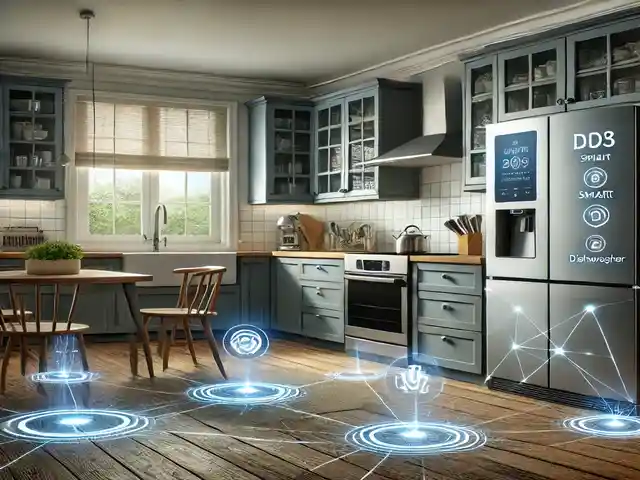
Smart homes use many types of technology to make life better. Here are some key features:
Home Automation
Home automation is a big part of smart homes. It includes things like smart lighting, smart thermostats, and home media centers. You can control these systems remotely or with voice assistants like Amazon Alexa or Google Assistant.
Smart Appliances
The kitchen and laundry room now have smart appliances. For example, connected refrigerators help you manage grocery lists, and intelligent dishwashers can save water.
Security Systems
Home surveillance and digital security are important in smart homes. Smart security systems include digital locks, remote monitoring, and home surveillance systems. These systems keep your home safe whether you are there or not.
Energy Efficiency
Eco-friendly homes are good for the environment and save money on energy. Energy-saving solutions like smart thermostats and automated lighting help create sustainable living environments.
The Impact of Technology on Residential Properties
Technology is changing the property market. Here’s how:
Enhanced Property Value
Homes with digital home systems are usually worth more because they offer modern conveniences and sustainable technology. Buyers are looking for high-tech living options, so upgrading with smart home technology is a good investment.
Real Estate Trends
The real estate market in South Florida is changing fast. People prefer homes with smart home integration. New constructions and home renovations are focusing on tech incorporation. This change follows broader industry trends toward connected ecosystems and digital living.
Market Demand
More and more technology enthusiasts and early adopters want smart homes. These tech-savvy homeowners like IoT hubs and centralized control systems that make it easy to manage all the home automation features.
Challenges and Considerations
While smart homes have many benefits, they also have challenges:
Cost of Implementation
Adding smart technology to homes can be expensive. However, many people believe the long-term savings on energy bills and the higher property value make it worth the cost.
Privacy and Security
Being connected to the internet can lead to data breaches. It is important to have strong digital security measures to protect smart homes from these threats.
Technological Compatibility
There are many different smart home devices available. Making sure all the systems and devices work well together can be challenging. Home automation hubs can help by offering a centralized control system.
The Role of 5G in Smart Homes
5G technology is the latest in wireless internet. It promises to make our smart homes even better. With 5G, your internet will be faster and more reliable. This means all your smart home devices can work together without any delays.
Faster Internet Speeds
One of the biggest benefits of 5G is speed. 5G is much faster than the internet we use now. This means you can download movies, play games, and video chat without any interruptions. In a smart home, faster internet means all your devices can work quickly. For example, if you have a smart TV, you can stream your favorite shows without buffering.
More Reliable Connections
Another great thing about 5G is its reliability. With 5G, your internet connection will be stronger and more stable. This is important for smart homes because many devices need to be connected at the same time. For example, your smart lights, thermostats, and security cameras all need a good connection to work well. 5G makes sure these devices stay connected without dropping out.
Connecting More Devices
5G can connect more devices at once. In a smart home, you might have many devices like smart speakers, lights, and appliances. With the current internet, too many devices can slow things down. However, 5G can handle many devices without any problems. This means your smart home can grow and add new gadgets without worrying about slow internet.
Better Performance
With 5G, all your smart home devices will perform better. For example, if you have a smart security system, 5G can help it work faster and more efficiently. Your security cameras can stream high-quality video without lag, making your home safer because you can see what’s happening in real-time.
Smoother Overall Experience
Overall, 5G will make your smart home experience much smoother. Everything will work faster and more reliably. You can control your devices without delays, stream videos without buffering, and keep your home secure with strong connections.
Education and Smart Homes
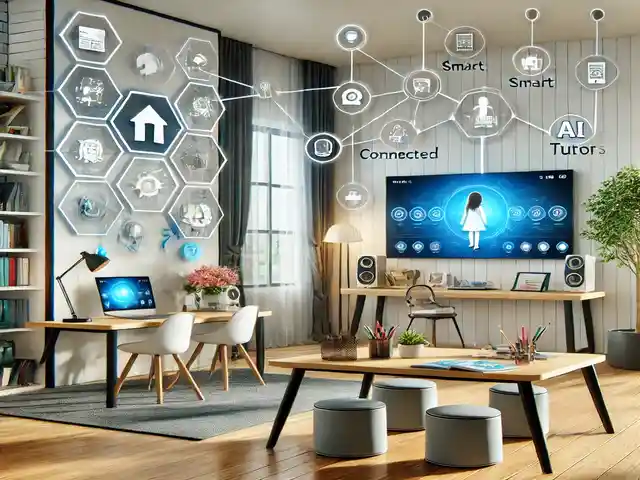
Smart homes are not just for making life easier and more fun. They can also help with learning and education. Many new smart devices are designed to help kids and adults learn better. Let’s see how smart homes can make learning better and more exciting.
Smart Desks for Homework
Smart desks are a cool new tool for students. These desks have special features that help kids with their homework. For example:
- Some smart desks have screens that show lessons and tutorials.
- Others have lights that change color to help kids stay focused.
With a smart desk, doing homework can be more fun and less stressful.
Connected Whiteboards for Online Learning
Online learning is becoming more popular, and connected whiteboards are a big part of it. These whiteboards let teachers write and draw just like on a regular board. The best part is that students can see everything on their tablets or computers at home. This makes online classes feel more like real classrooms. Connected whiteboards help teachers explain things better and make learning more interactive.
AI Tutors for Personalized Learning
AI tutors are like having a personal teacher at home. These smart programs can help kids learn at their own pace. For example:
- If a student is struggling with math, the AI tutor can give extra practice problems.
- If a student is reading well, the AI tutor can offer more challenging books.
AI tutors make learning more personalized, helping each student get the support they need.
Smart Devices for Learning
Many smart devices in a smart home can help with learning. For example:
- Smart speakers like Amazon Alexa or Google Home can answer questions and help with research.
- Kids can ask these devices to spell words, do math problems, or find facts for school projects.
This makes learning more interactive and fun.
Smart Lighting for Better Focus
Good lighting is important for studying. Smart lighting systems can change the color and brightness of lights to help kids focus better. For example:
- Cool blue light can help with concentration.
- Warm yellow light can help kids relax after a long study session.
With smart lighting, students can create the best environment for learning.
Monitoring Air Quality
Good air quality is important for learning and health. Smart homes can have air quality monitors that check for pollutants and allergens. If the air quality is bad, the system can turn on air purifiers or open windows automatically. This ensures that students have a healthy environment in which to study.
Educational Apps on Smart Devices
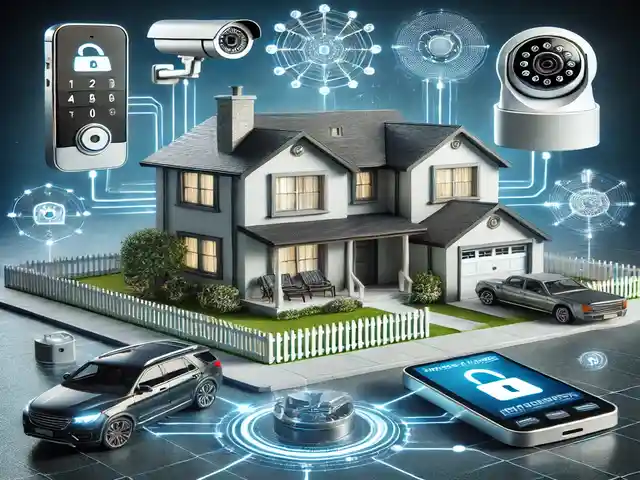
Tablets and smart TVs in smart homes can be loaded with educational apps. These apps offer games, videos, and interactive lessons on many subjects. Kids can learn math, science, history, and more in a fun and engaging way. Educational apps make learning feel like playtime, encouraging kids to explore and learn new things.
Encouraging Family Learning
Smart homes can encourage the whole family to learn together. For example:
- Smart TVs can show educational documentaries that everyone can watch.
- Smart speakers can host family quiz nights.
These activities make learning a fun family event, helping everyone learn new things together.
Safe Online Learning
Safety is important for online learning. Smart homes can help keep kids safe while they study online. Parents can set up smart devices to block inappropriate content and limit screen time, ensuring that kids are learning in a safe and controlled environment.
Community and Social Interaction
Smart homes are not just about individual living; they can also improve community interaction. Features like smart intercom systems and community apps allow neighbors to stay connected and share resources. This technology can create a stronger sense of community and improve neighborhood safety.
The Future of Smart Homes in South Florida
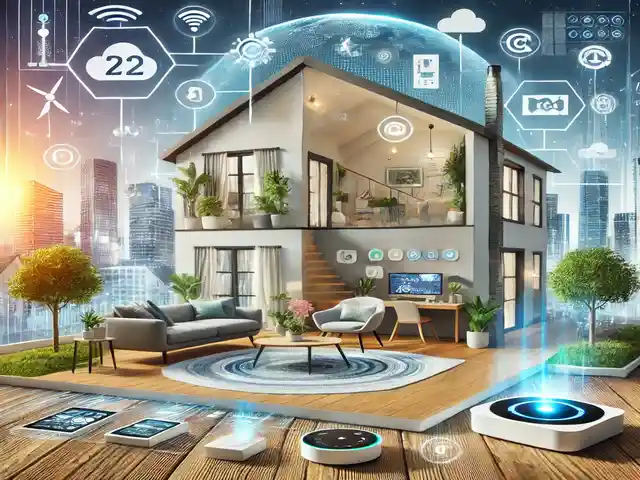
The future is bright for smart homes in South Florida. Here are some trends to watch:
AI Integration
Artificial Intelligence (AI) will be important for smart homes. AI assistants will get smarter and offer more personalized experiences. They will help manage home systems better.
Sustainable Innovations
Green living will make homes more energy-efficient and eco-friendly. New ideas in renewable energy and smart home tech will create greener living spaces.
Enhanced Connectivity
Smart homes will have better wireless connections and faster internet speeds. This will make devices work more smoothly.
Smart Home Ecosystems
Smart home ecosystems are groups of devices that work together. They create a connected space controlled from a smart home hub. This hub manages lighting, climate, security, and more.
Voice Control and Digital Assistants
Voice control is easy to use in smart homes. Systems like Amazon Alexa, Google Assistant, and Apple’s Siri let you control things with simple voice commands.
Smart Home Hubs
A smart home hub is the control center. Popular hubs include Amazon Echo, Google Nest Hub, and Samsung SmartThings. They connect all your smart devices.
Health and Wellness
Smart homes focus on health too. Smart beds monitor sleep, air sensors track pollutants, and exercise equipment offers personalized workouts.
Personalized Living
With AI, smart homes become more personalized. AI assistants learn your habits and adjust settings automatically, like dimming lights when you get ready for bed.
Entertainment
Smart entertainment systems change how we enjoy media. Media centers, smart speakers, and connected TVs provide a great experience, all controlled by voice or an app.
Remote Monitoring
You can monitor and control your home remotely. Check on your home through your smartphone with surveillance systems, smart locks, and connected appliances. This offers peace of mind and convenience.
Smart homes are becoming more popular in South Florida because people love new technology. As homeowners look for digital living solutions, the market for smart homes will keep growing. Smart homes offer many benefits, like higher property value, more convenience, and better energy efficiency. This is not just a trend; it’s a big step towards the future of living.

A renowned expert on tea parties, holds a deep understanding of the South Florida tea party scene and has extensive knowledge about tea parties across the globe.
With a rich background spanning several years, they have immersed themselves in the traditions, nuances, and cultural aspects of tea gatherings worldwide.
writings reflect a blend of firsthand experience and scholarly research, offering readers an authentic and comprehensive perspective on the world of tea parties.





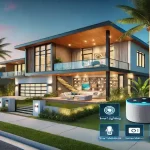
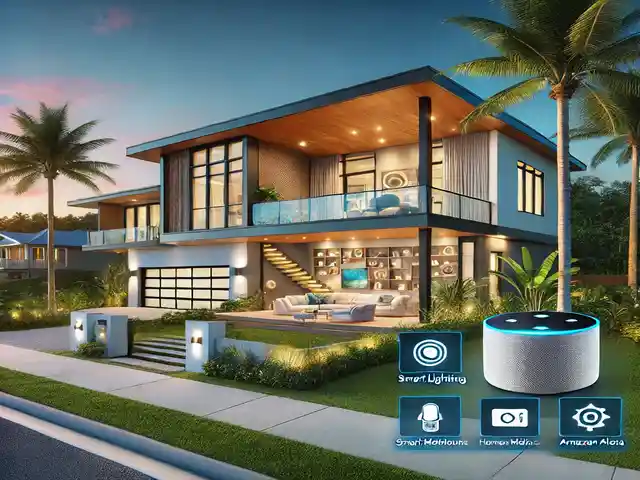
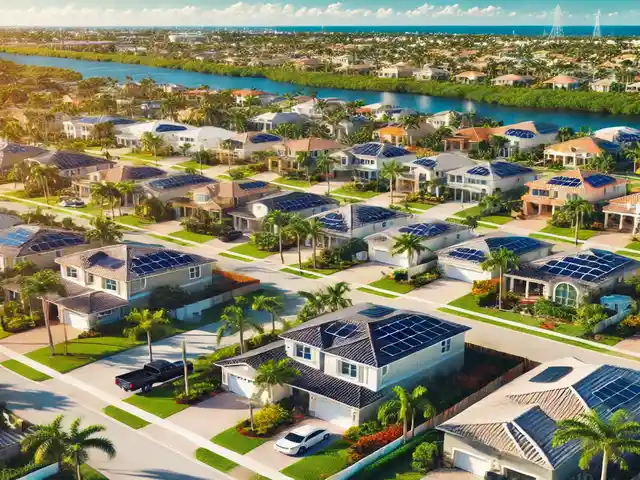



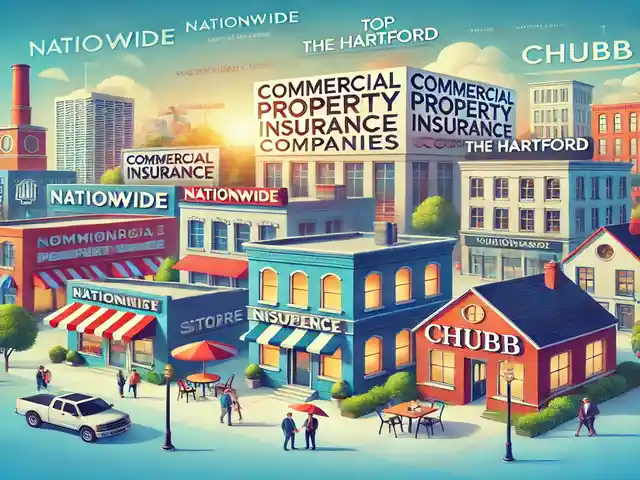

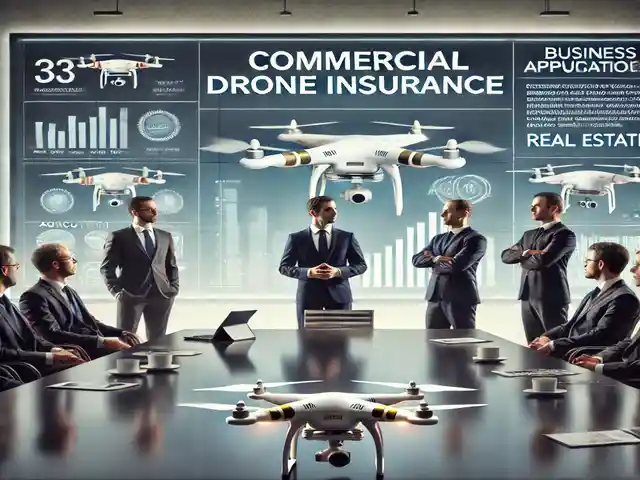
Add Comment